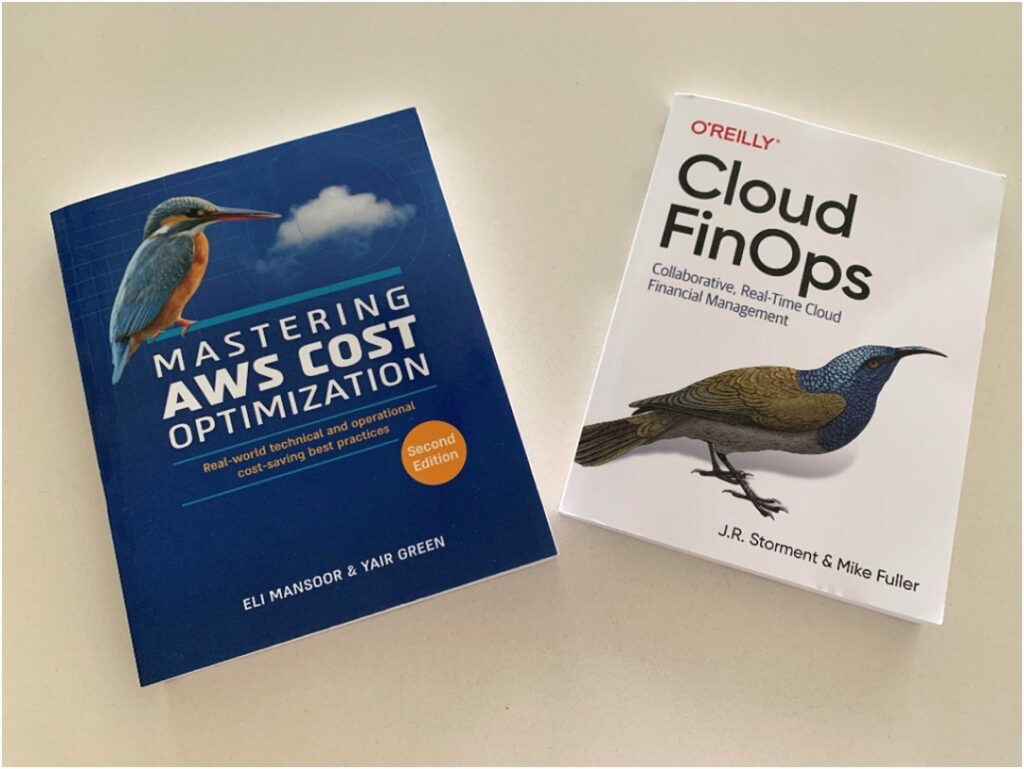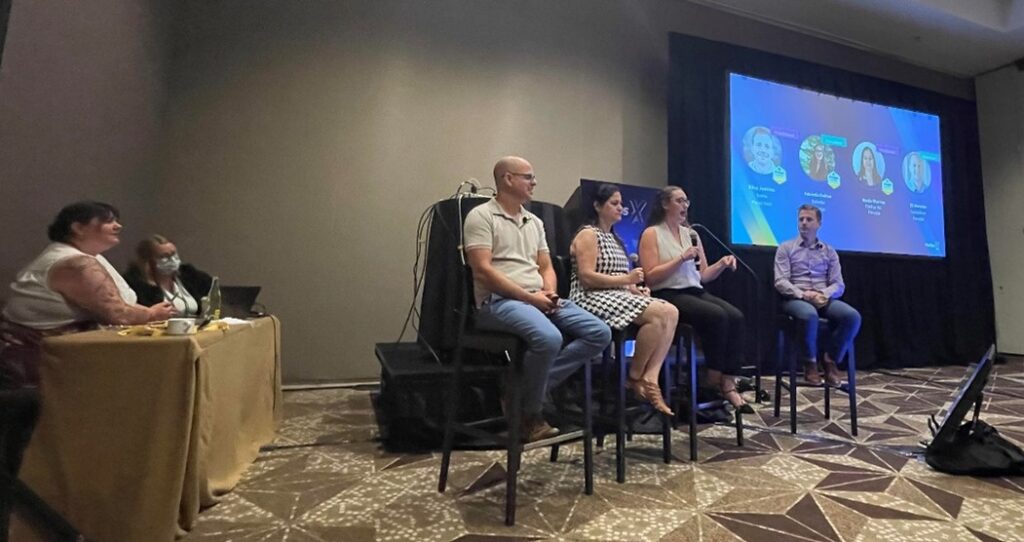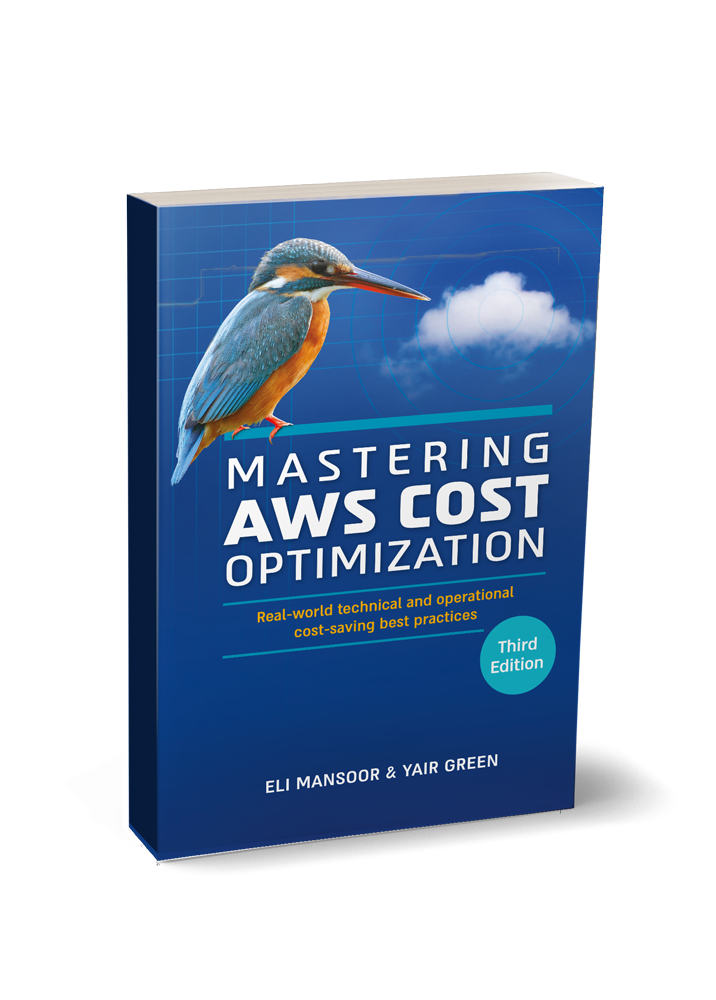About my clients
A small river named Duden flows by their place and supplies it with the necessary regelialia.
Behind the word mountains, far from the countries Vokalia and Consonantia, there live the blind texts. Separated they live in Bookmarks

Elizabeth Sofia
WordPress Dev.









